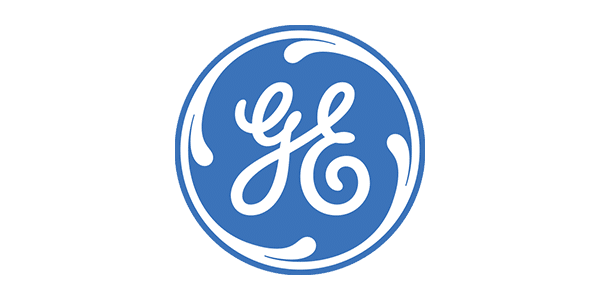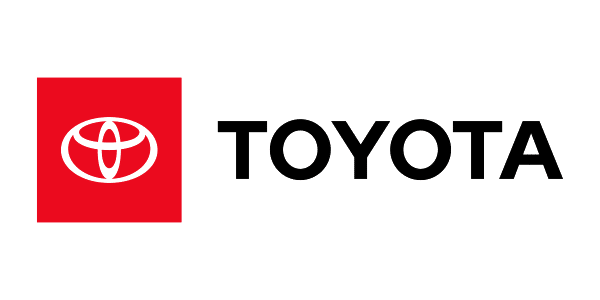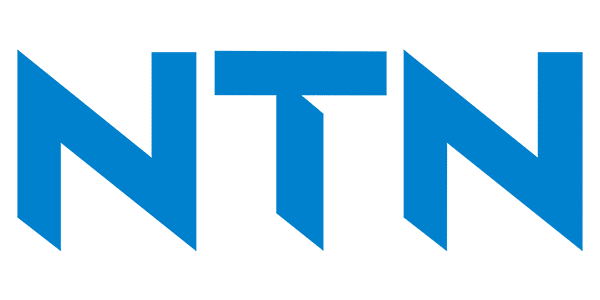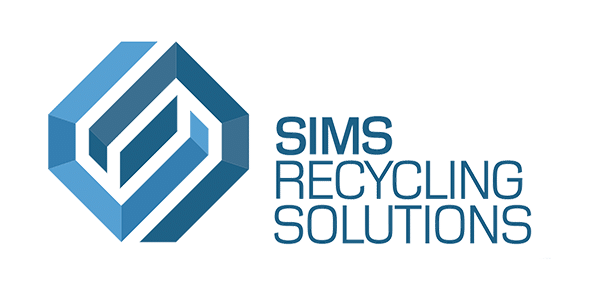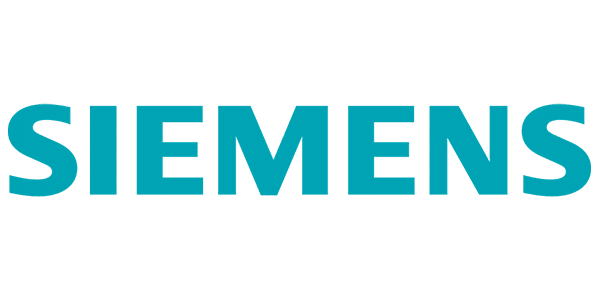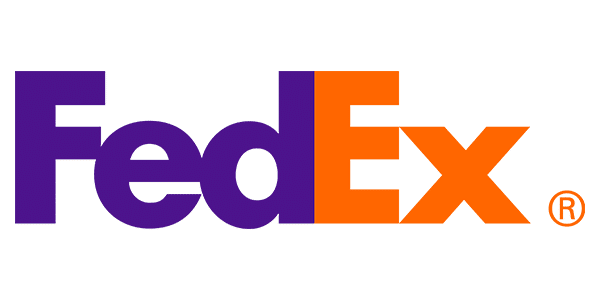[fusion_builder_container hundred_percent=”no” equal_height_columns=”no” menu_anchor=”” hide_on_mobile=”small-visibility,medium-visibility,large-visibility” class=”” id=”” background_color=”” background_image=”” background_position=”center center” background_repeat=”no-repeat” fade=”no” background_parallax=”none” parallax_speed=”0.3″ video_mp4=”” video_webm=”” video_ogv=”” video_url=”” video_aspect_ratio=”16:9″ video_loop=”yes” video_mute=”yes” overlay_color=”” video_preview_image=”” border_size=”” border_color=”” border_style=”solid” padding_top=”” padding_bottom=”” padding_left=”” padding_right=””][fusion_builder_row][fusion_builder_column type=”1_1″ layout=”1_1″ background_position=”left top” background_color=”” border_size=”” border_color=”” border_style=”solid” border_position=”all” spacing=”yes” background_image=”” background_repeat=”no-repeat” padding_top=”” padding_right=”” padding_bottom=”” padding_left=”” margin_top=”0px” margin_bottom=”0px” class=”” id=”” animation_type=”” animation_speed=”0.3″ animation_direction=”left” hide_on_mobile=”small-visibility,medium-visibility,large-visibility” center_content=”no” last=”no” min_height=”” hover_type=”none” link=””][fusion_text columns=”” column_min_width=”” column_spacing=”” rule_style=”default” rule_size=”” rule_color=”” hide_on_mobile=”small-visibility,medium-visibility,large-visibility” class=”” id=””]
Enterprise resource planning (ERP) systems are crucial to the daily operations of many organizations. ERP systems typically manage and integrate data from core business processes across different departments, such as sales, purchasing, accounting, manufacturing, and human resources.
ERP tools are vital for tracking day-to-day business functions and providing overall performance metrics for organizations. But where ERP systems fall short is in the intricate arena of transportation management. Some organizations attempt to use ERP systems to manage their transportation, logistics, and supply chain requirements – and they struggle to keep up with the increasingly complex demands of transportation operations.
The truth is that while an ERP system is essential, it is not an all-purpose solution. Organizations also need a separate, robust transportation management system (TMS) that can combine seamlessly with their existing ERP.
“Transportation management is too important to leave to a makeshift solution,” said Rimon Malik, Director of Supply Chain Solutions at Exegistics. “Businesses need a TMS that works with their ERP system to provide unique value.”
A dedicated transportation management system offers organizations detailed and dynamic information throughout every step of the supply chain. A successful TMS tracks transportation flows throughout different vendors, carriers, and brokers, providing the business with critical visibility and control.
For example, an ERP system can track the details of a new purchase order, readying the item information for shipment. The TMS then follows the order through each phase of shipment, updating the ERP system with current shipment details, such as carrier, tracking number, location, and time in transit. The two systems work in tandem to ensure constant communication and precise information.
“The more dynamic, real-time information a business has about transportation activity, the better prepared it is to make informed decisions quickly,” said Malik. “An integrated ERP-TMS system is the best of both worlds. It merges data from the business side and the transportation side, highlighting inefficiencies, best practices, and potential solutions.”
Learn more about how Exegistics can create a seamless ERP-TMS system for your business.
[/fusion_text][/fusion_builder_column][/fusion_builder_row][/fusion_builder_container]


